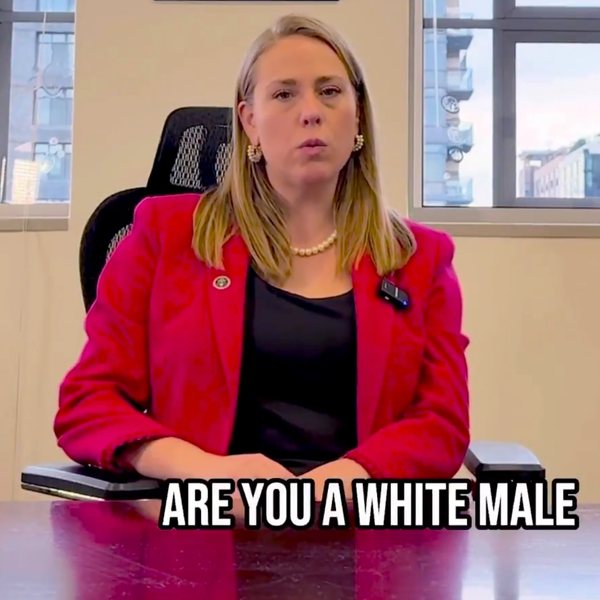Following the first news of the BP oil spill in April 2010, the public sense of outrage and frustration spread as quickly as the 200 million gallons of crude oil spewing into the Gulf of Mexico. But more than a year after the worst oil spill in U.S. history, Congress has not passed any legislation to address the safety gaps that led to the disaster. Meanwhile, offshore drilling in the Gulf has rebounded and returned to normal. A new government report about the spill might finally create stricter safety regulations to prevent another catastrophe, as drilling companies rush to take advantage of massive oil discoveries in the Gulf.
The government did temporarily halt deep-water drilling between May and October 2010, but the industry has since resumed operations without many additional regulations and safety standards. Recent deep-water oil discoveries in the Gulf this year have led to a spike in offshore drilling. According to the U.S. Energy Information Administration, offshore oil production from the Gulf accounts for 29 percent of total domestic crude oil production. Currently, 23 rigs are drilling wells in water deeper than 3,000 feet, which is the same number as two years ago. Even BP is getting in on the action, with two rigs under contract and a large stake in a recent oil discovery. Since the new oil is in deeply buried, highly pressurized rocks, the potential for accidents is great; however industry representatives argue that they have made some safety changes, such as building new deep-water containment systems that would prevent future spills.
In addition to these measures, environmentalists hope the new government report will lead to further regulations and standards. The report, released Wednesday after an investigation by the Coast Guard and the Bureau of Ocean Energy Management Regulation and Enforcement, placed ultimate responsibility for the spill on BP, saying the company violated seven federal regulations, disregarded safety, and did not take the necessary precautions in cementing the well. The BP Deepwater Horizon drilling rig explosion killed 11 people and affected countless others. Earlier government reports had been released, but this most recent investigation placed more blame on BP than the other companies involved in the rig, Transocean and Halliburton. According to AP,
The findings will be used to shape reforms in offshore drilling safety and regulation. They will also be used by lawyers for victims involved in court battles over the oil spill, and by government agencies considering charges and penalties.
“It is only a question of time before BP — along with Transocean and Halliburton — will face criminal charges for their roles in the Gulf oil spill,” said David Uhlmann, a University of Michigan law professor who formerly led the Justice Department’s environmental crimes section.
The new report recommends changes to offshore drilling, including requiring two barriers in a well and having more unannounced visits by regulators. Some Republican lawmakers said they would not adopt reforms until this federal investigation was complete, and congressional leaders have already scheduled hearings to discuss the report. More than a year after the spill, politicians might be finally convinced that there should be further regulations on offshore drilling to prevent another disaster.
The BP oil spill weighed heavily on President Obama’s approval ratings, and the slow response in creating new standards and recommendations might hurt him in the next election. The crisis marked a turning point in Obama’s presidency: According to a Wall Street Journal/NBC News poll, June 2010 was the first time more people disapproved of his job performance than approved, and half of people were unsatisfied with how he handled the spill. Even if the investigation leads to tougher regulations of offshore drilling operations, the BP spill will remain a dark spot on his presidency. Whatever the electoral ramifications, the new study gives hope, however belated, that the government will take a more active role in preventing another massive oil spill in the Gulf.








